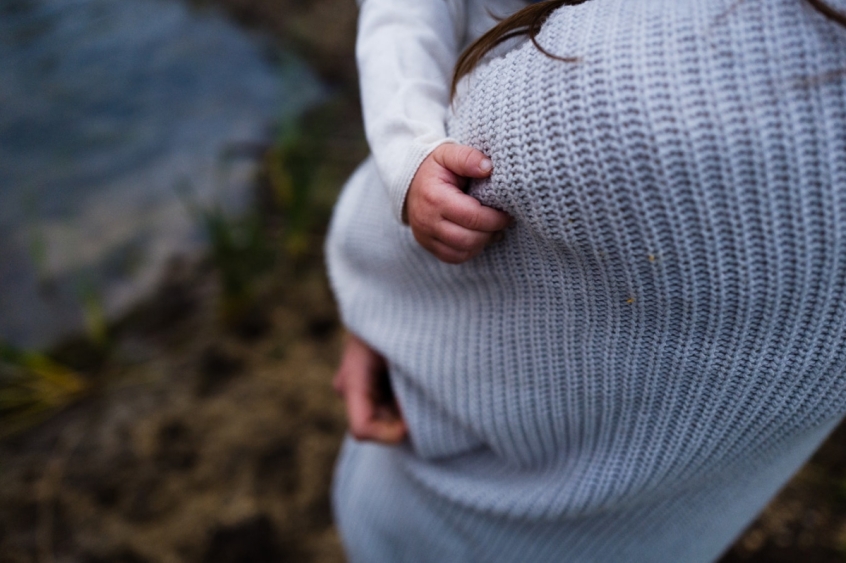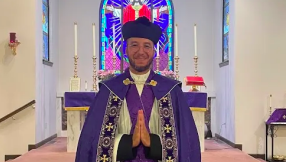
A decline in religion is a factor in the prevalence of depression and anxiety among children, believes psychoanalyst and parenting coach Erica Komisar.
Writing in The Wall Street Journal, she expressed the surprising view that it is good for parents to encourage belief in God among their children even if they themselves do not believe.
She says that the existing data points to a connection between religious worship and better mental health, as well as a higher "sense of mission".
There is also evidence of lower drug use and sexual activity among religious adolescents, she said.
"As a therapist, I'm often asked to explain why depression and anxiety are so common among children and adolescents," said Komisar, who is Jewish.
"One of the most important explanations—and perhaps the most neglected—is declining interest in religion. This cultural shift already has proved disastrous for millions of vulnerable young people.
"Children or teens who reported attending a religious service at least once per week scored higher on psychological well-being measurements and had lower risks of mental illness.
"Weekly attendance was associated with higher rates of volunteering, a sense of mission, forgiveness, and lower probabilities of drug use and early sexual initiation."
For some parents, encouraging faith in their children may mean having to lie, but Komisar argued that a religious belief system was more helpful for children than a non-religious worldview, particularly when it comes to dealing with death.
"I am often asked by parents, 'How do I talk to my child about death if I don't believe in God or Heaven?' My answer is always the same: 'Lie'," she said.
"The idea that you simply die and turn to dust may work for some adults, but it doesn't help children.
"Belief in Heaven helps them grapple with this tremendous and incomprehensible loss. In an age of broken families, distracted parents, school violence and nightmarish global-warming predictions, imagination plays a big part in children's ability to cope."
Komisar went on to say that religious or spiritual practices could teach children mindfulness, as well as a "sense of physical and emotional presence necessary for mental health".
She said she had seen the benefits of a religious faith in her own children.
"No matter how active my children were when they were young, they knew when they entered our temple for services they had to calm their bodies and relax their minds," she said.
"Though they complained when they were kids, and still complain at times as adolescents, they have developed the ability to calm themselves when overwhelmed."













